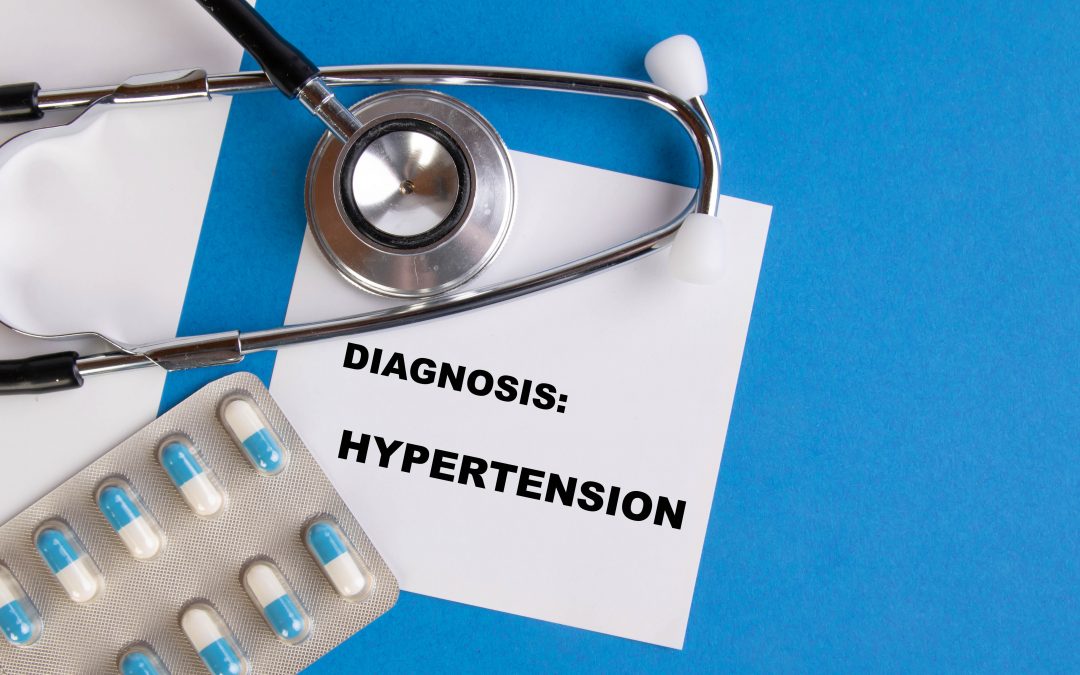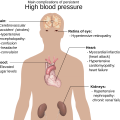Table of Contents
What are the complications of hypertension? The harm done through hypertension builds over time. Left behind undiscovered or unnoticed, the cause of this complication by high blood can eventually result in:
Cardiovascular Disease
Higher blood stress damages veins that can easily end up being obstructed as well as stop blood stream flow to the heart muscular tissue.
Stroke
Hypertension can easily induce blood stream vessels in the mind to congest more or even get ruptured.
Cardiac Arrest
The enhanced amount of work from hypertension may cause the cardiovascular system to expand and not be able to provide blood to the rest of the body.
Renal Problems or Kidney Failure
Hypertension may harm the veins around the renal organs as well as hamper their potential to filter blood efficiently.
Loss of Eyesight
Hypertension can easily wreck or even sieve blood vessels in the eyes that will cause loss of vision.
Sexual Disorder
Hypertension may lead to impotence in males or even lower libido in females.
Angina
As time go on, high BP can trigger heart ailment or microvascular health condition (MVD). Angina, or upper body pain, is actually a typical indicator.
Peripheral Artery Disease (PAD)
Atherosclerosis due to a high BP can easily trigger the narrowing of veins in the legs, upper arms, stomach as well as head, leading to pain or fatigue.
Can High BP cause other problems?
What are the complications of hypertension? When your hypertension is reaching excessive levels for too long, it ruins your blood stream vessels. Negative cholesterol will begin to accumulate in your vein wall structures. This increases the work of your blood circulation body while minimizing its own performance. Consequently, having a high BP places you at greater danger for developing potentially life – threatening diseases or other complications.
Knowledge is power and prevention is always key!
Here are some tips on how you can manage your hypertension:
- Regulate your BP everyday: This is the best thing you can do to monitor your BP and know if the medications or regimens you’re currently implementing are working.
- Understand the possible risks and know the symptoms: Discover what variables could make you more prone to having hypertension and also put you in danger for possible complications.
- Create improvements that matter: Make sure to create lifestyle changes as suggested by your physician. Take the necessary meds, and maintain a healthy lifestyle!
High Blood Pressure Crisis
What are the complications of hypertension? If your BP readings immediately exceed 180/120 mm Hg, wait for a couple of mins. before evaluating your high blood pressure again. Contact your physician as soon as possible or go to the nearest clinic if your readings are still unusually high. You might be experiencing a high blood pressure crisis.
Insulin Resistance Syndrome
What are the complications of hypertension? Metabolic syndrome pertains to a cluster of risk variables, consisting of higher blood pressure, which increases the threat of cardiovascular disease, diabetes mellitus, neurological problems as well as other health conditions. It is actually identified when any kind of these threat factors exists:
- High Glucose Levels
- Low levels of good cholesterol
- High levels of fat in the blood
- Large waist circumference or “apple-shaped” body
- High blood pressure
Breathe In, Breathe Out!
Be sure that you breathe frequently throughout your workout, exercise schedule and also cool-down. Holding your breath can easily raise your BP as well as cause muscular tissue cramping. Proper and deep breathing can additionally help calm your body down.
Should my physician know about my workout or exercise routines before I do it?
Healthy and balanced patients typically do not need to speak to a doctor prior to implementing exercise or workout routines. On the contrary, those who are also diagnosed with severe disorders should consult their physician first to figure out whether their health conditions limit their capacity to perform regular exercise or if too much exercise will be bad for them.
How to know if my exercise routines are too much for me?
You can use the assessment methods below like an informal speed test to know if you are doing too much exercise:
- If you can converse with someone and still carry out the activity, you probably aren’t working hard enough.
- If you can sing and also sustain your effort level, you may not be working hard.
- If you can talk to another person briefly while conducting the activity, but can’t carry a long conversation, you are most likely on target.
- If you are breathing heavily and even a couple of words are hard to say, that means you are working too hard especially if you have to pant and catch your breath.
How to Calculate Your Heart Rate
For you to calculate your heart rate during training vs. when you are resting, you first need to know what the rate of your heart is while it is at rest. Resting heart rate is the times your heart beats per minute whenever you are at rest. The ideal time to measure this is around early morning or a few minutes after you wake up. The normal rate is 60 to 100 beats/ minute. However, for people who are generally fit, this is usually lower. Here’s the thing, the heart rate when resting actually rises as you get older.
The best way to measure this is by finding your pulse rate in your wrist area. Other ideal body locations are the elbow, the top of your foot or your neck. Make sure to place your finger over your pulse and count the number of beats per minute if you want to measure it properly.






 I love to write medical education books. My books are written for everyone in an easy to read and understandable style.
I love to write medical education books. My books are written for everyone in an easy to read and understandable style.